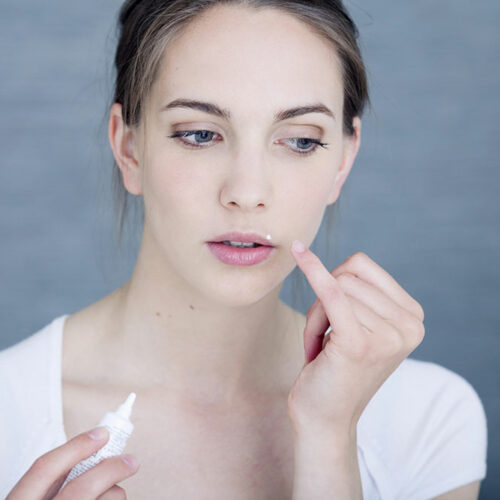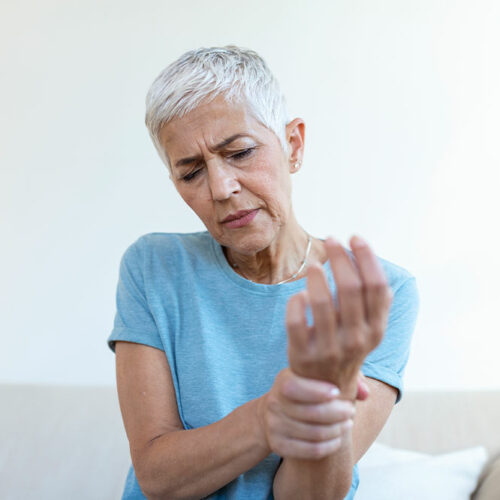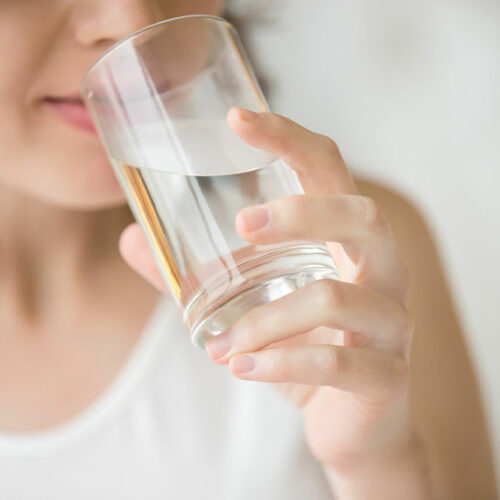Causes, symptoms, and remedies for herpes

Herpes is a common viral infection caused by the herpes simplex virus (HSV). It manifests in two primary types: HSV-1, known as oral herpes or cold sores, and HSV-2, responsible for genital herpes. According to the CDC, reports estimated 572,000 new cases of genital herpes each year in the country and oral herpes in 50% to 80% of the adult population. There is no cure; an individual can only manage the condition once it’s contracted. Causes of herpes Viral transmission The transmission of herpes occurs through direct contact with the infected skin or mucous membranes. It is important to note that the virus can be transmitted even when the infected person is not experiencing visible symptoms. This emphasizes the need for caution and preventive measures. Asymptomatic shedding Asymptomatic shedding is a phenomenon where the virus is shed from the skin or mucous membranes of an infected individual, even when no visible symptoms are present. This can happen intermittently, increasing the risk of transmission. Heightened awareness and preventive practices are crucial to reducing transmission rates. At present, asymptomatic shedding is a fairly common mode of herpes transmission, as most individuals don’t notice that they have the infection. Symptoms of herpes Primary infection The initial outbreak of the herpes virus is considered to be the most severe.






